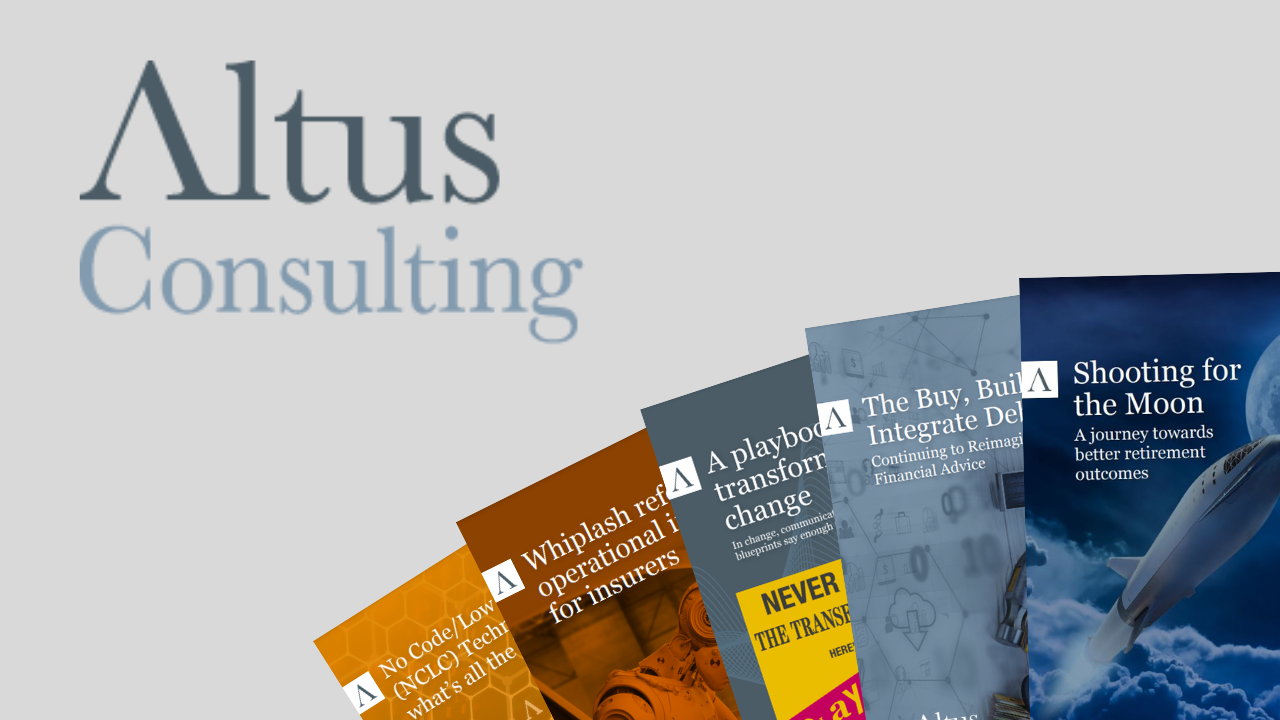
Jon Dean says consumers are curious beasts. Decisions we make are often irrational, led more by our emotions than our intellect. Like the proverbial magpie, we can be attracted to bright shiny objects, favouring form over function. We can be fiercely loyal, until suddenly we’re not.
Audio equipment maker Sonos found this out recently, to their evident chagrin. Following a bumper Christmas selling speakers from their premium multi-room range, they announced in January that software inside several of their older speakers would no longer be supported beyond May this year. The reason for this: the new breed of voice-enabled ‘smart speakers’ needed more memory and more powerful processor chips than the older kit contained.
As a result, customers who had spent hundreds or even thousands of pounds on equipment would find it would no longer works in the way originally designed. One of the products being retired would even become obsolete ahead of the older hi-fi gear whose life it was designed to extend.
The dangers of built-in obsolescence
Pension firms and investment providers are not famed for being at the cutting edge of technology. Glacial progress towards the pension dashboard demonstrates that, even where the technology exists, much of the industry is culturally resistant to modernisation.
This is starting to change. Digital investment platforms such as Nutmeg and Wealthify have been designed from the ground up with the latest technology, while ethical-focused competitor Tickr only works through a mobile app. Meanwhile, AJ Bell YouInvest and master trust Smart Pension both support smart speaker skills to access their investing service.
Of course, some of this is shop-front gimmickry. It’s good PR to be able to demonstrate that your up-to-the-minute technology can link seamlessly to the latest consumer gadgets.
However, these seemingly frivolous developments build on firm foundations of open connectivity that can be applied across multiple technology channels such as web and mobile.
By contrast Sonos, in its race to compete with (inferior) speakers from Amazon and Google, were distracted from their mission to “fill every home with music”. In building features no one needed, they damaged the integrity of the core product. Their loyal following of enthusiastic music lovers were not going to stay quiet, and the resulting social media storm made the national press. The company’s CEO was forced to write to all customers and apologise, promising to address users’ concerns as much as possible.
Built to last
The hi-fi business has nothing like the regulatory framework financial services has to contend with, but there is otherwise a strong parallel between the two industries.
Even though the way we consume music and the way we save and spend money have evolved over the last 100 years, coins and banknotes, radio and vinyl records still persist. A pension plan and a music collection should last a lifetime.
This means that a good quality sound system, much like a well-designed policy administration system, must be designed to last, be able to evolve and cater for backwards-compatibility.
The life and pension industry is very adept at making things more complicated than they need to be, storing up problems for the future. We now find that complex long-term savings products have a tendency to outlive the systems developed to run them on. As numbers of customers on old products dwindle, the technology cost per policy of those remaining accelerates, and the complex array of non-essential ‘bolt-on’ features makes it uneconomic to migrate these policies to new systems.
The only way to go from here is to outsource to a legacy specialist or sell the book to a consolidator and lose some control over the quality of the customer experience.
Keeping it simple
Over the lifespan of a pension plan or long-term investment, it will not be possible (or desirable) to keep a customer’s investments on the same technology.
But with thoughtful design and intelligent evolution, the customer experience can be incrementally improved. With technological change happening at an ever-faster pace, propositional simplicity and interoperability are more important than ever.
Buying a pension plan is buying financial security in later life. Firms that focus on their mission and core purpose will avoid a Sonos-style revolt and keep their customers loyal.




